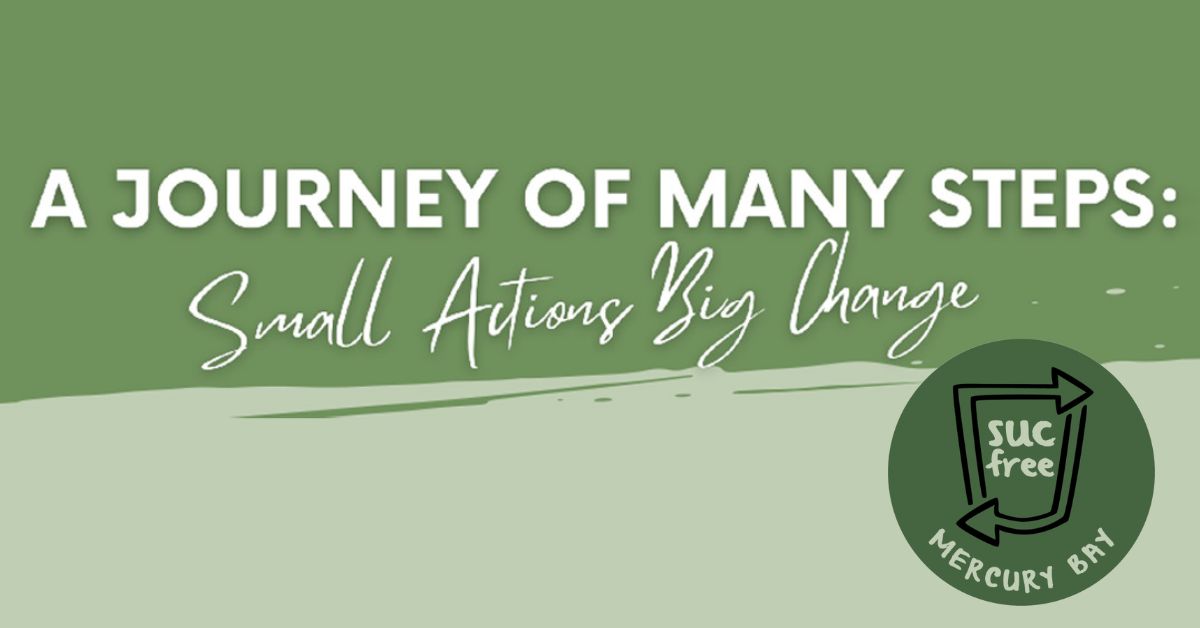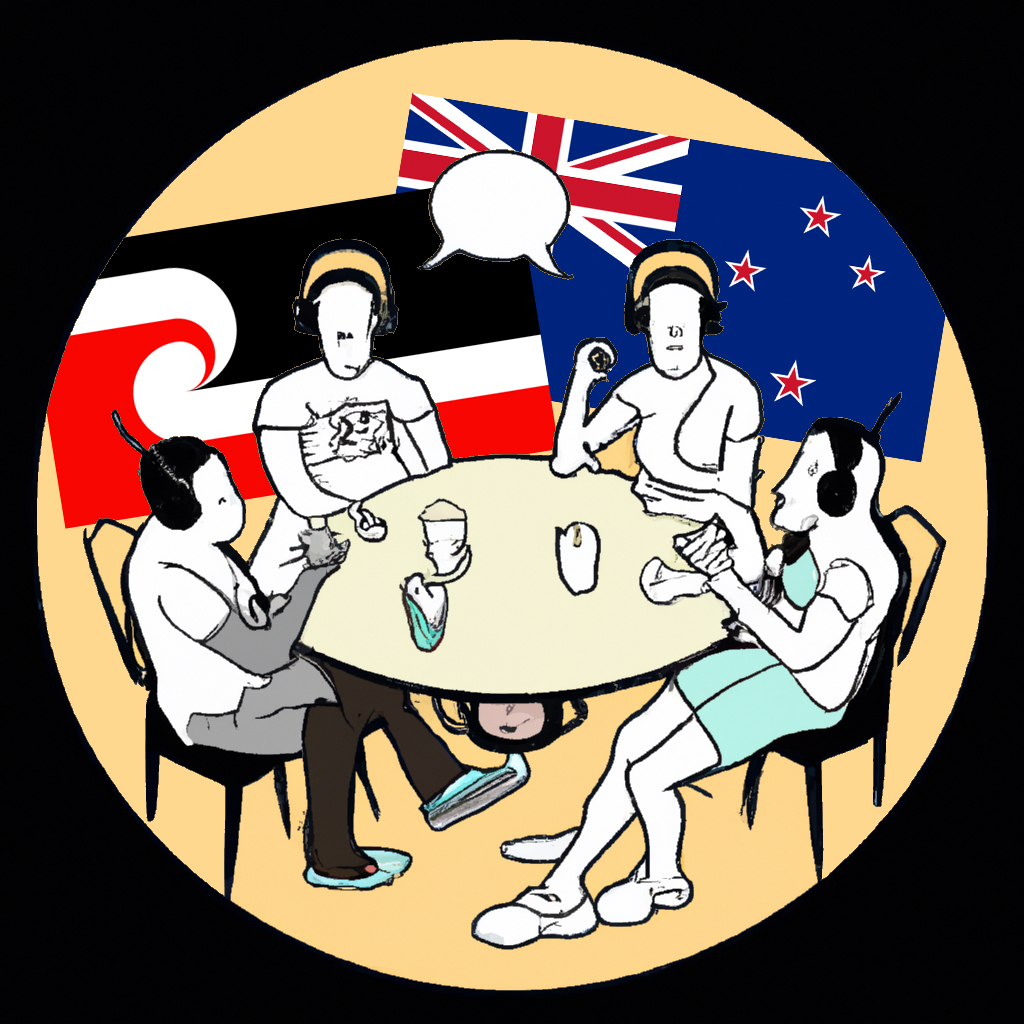
Beyond the Click Series – Digital Inequality and its Impact on Social Inclusion
In today’s world, having digital skills and internet access is essential for staying connected and being involved. But not everyone has the same opportunities to participate in this digital landscape, and the ‘digital divide’ can seriously affect a person’s sense of belonging – both online and in the real world.
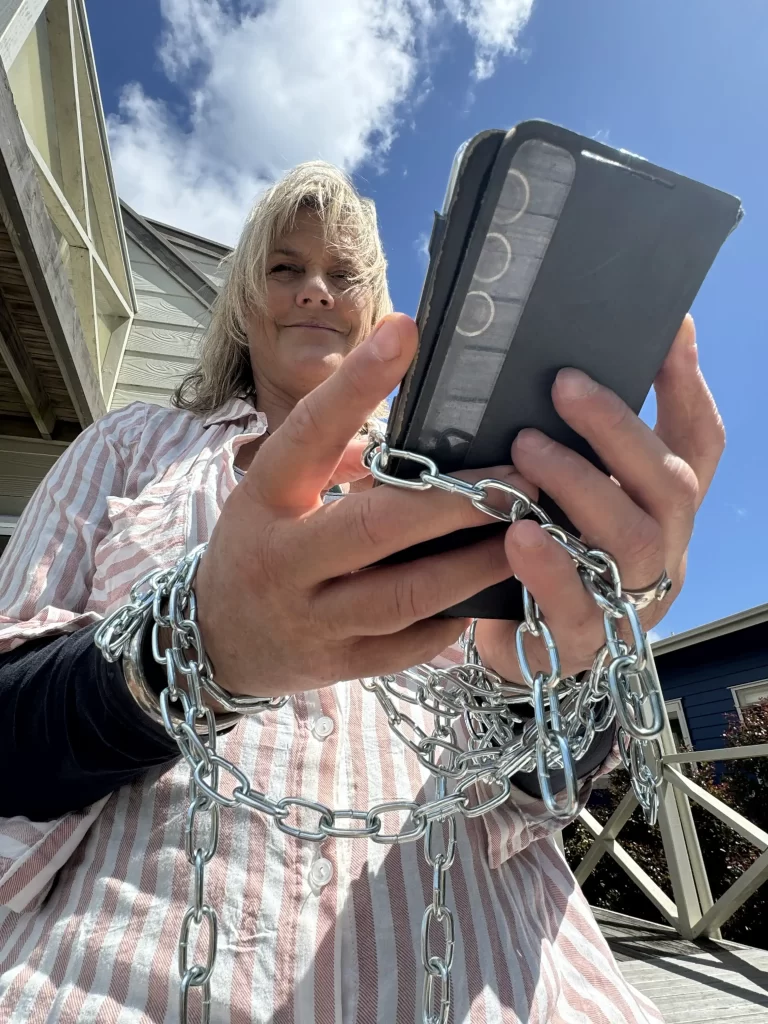
In Aotearoa New Zealand, four large-scale surveys of New Zealanders found that digital proficiency leads to a feedback loop that increases feelings of belonging and participation in both online and offline contexts. But this sense of belonging and participation is not universal: for example, about 91% of households have internet access, but this number drops significantly to less than 60% for people living in poverty, in rural areas, in social housing, elderly people or those with disabilities.
The rising costs of devices, data plans, and other tech can put pressure on families and make it harder for everyone to stay connected.
For children growing up without reliable internet, this can mean fewer opportunities to develop the digital skills that are now a basic requirement for so many areas of life, from schoolwork to job applications.
It’s not just a matter of convenience; it’s about having access to the same opportunities as everyone else.
Online communities strengthen social connections, provide support, and offer a sense of belonging. Whether it’s participating in gaming forums, social media groups, hobby sites or online marketplaces, digital spaces allow people to share experiences, find information, buy products or connect with others who have similar interests.
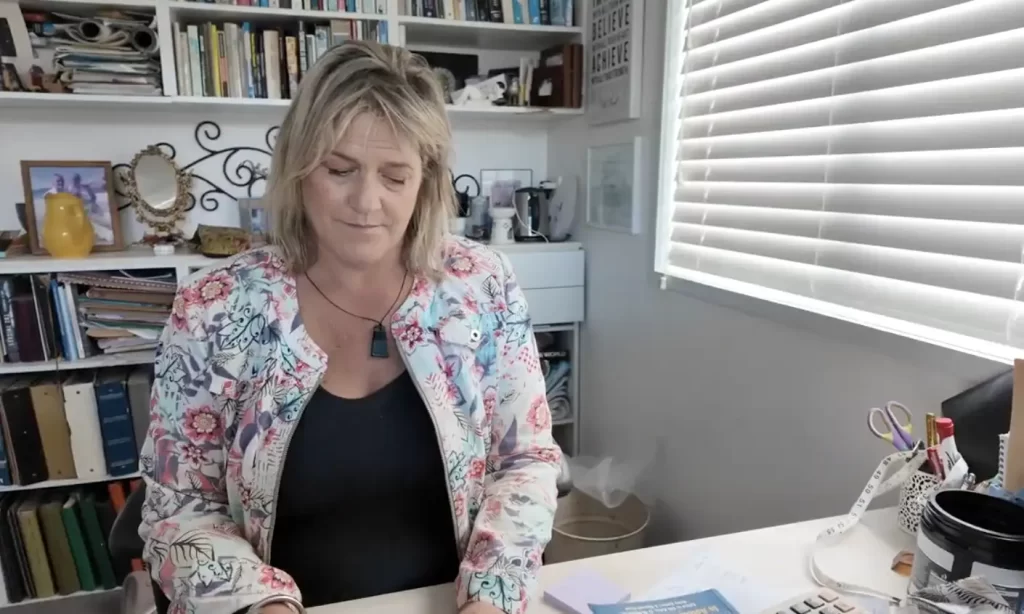
When people don’t have digital access, they miss out on these interactions, which is particularly concerning when it comes to children. Research shows that growing up with limited digital access affects the ability of kids to participate fully in civic life or access essential digital resources for education, healthcare or employment. It creates a cycle of exclusion that can be hard to break, making it more challenging for them to thrive later in life.
Access isn’t just about being able to go online. It’s also about digital literacy – having the skills and confidence to navigate online spaces, find the right information, and advocate for yourself. People who have digital literacy skills can confidently engage in online discussions, make their voices heard, and be more active members of their communities. Those without digital literacy are more likely to be sidelined, and their perspectives are less likely to be represented.
While most schools have strong digital literacy programs, many older New Zealanders struggle with digital tech. Community based programs like SeniorNet aim to bridge that gap. Addressing these inequalities means going beyond providing devices or internet connections. It’s about creating supportive environments where people can build the skills they need to confidently use digital spaces. This could mean offering more digital literacy programmes and creating policies that ensure equitable access for everyone.
The issue of access isn’t just limited to skills or physical devices either. Most major digital platforms are dominated by English and reflect Western worldviews. For people whose primary language isn’t English, this can be a major barrier to participation. In New Zealand, for example, te reo Māori – one of the country’s official languages – is often underrepresented on public media sites.
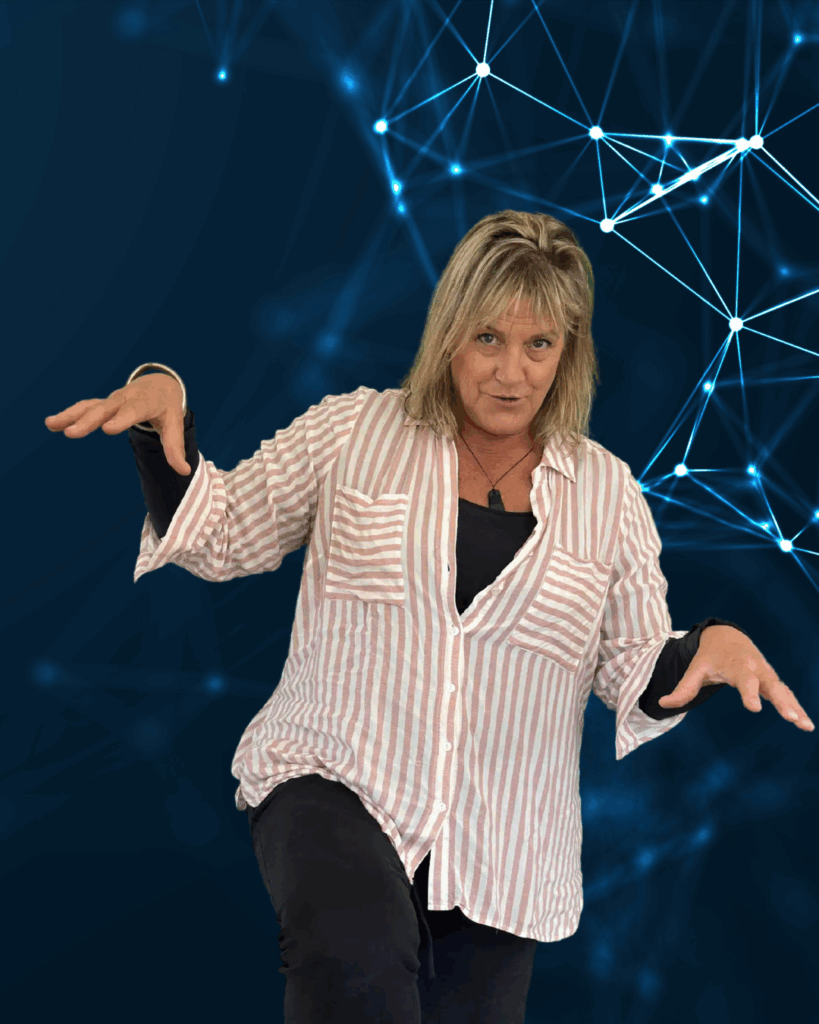
Additionally, many online discussions and platforms focus on Western views of success, happiness, and what’s considered ‘normal’.
These ideas can ignore indigenous perspectives or other ways of looking at the world.
When your culture’s language and beliefs are silenced, the effect is feeling excluded from public conversations and, in a way, from society.
Digital belonging is just as important as belonging anywhere else. Feeling like you can participate and be included in online spaces is crucial for your overall well-being and sense of social inclusion.
Whether it’s by ensuring access, supporting digital literacy, or championing the inclusion of different languages and worldviews, we need to demand digital spaces that reflect the richness of our offline lives. Doing so will help us create a more connected, informed, and inclusive society, where everyone has a place to belong – online and off.
Stella Pennell is a PhD Sociologist, NZ karate champion, and a curious human being. Watch her episode on the ALTBAYS Table Talk here, and read more of her articles in Coromind here.

Coromind: Coromandel’s Collaborative Magazine

Help us take Coromind Magazine to new heights by becoming a member. Click here
Change the Weather for Your Business: Advertise with Us.
Advertise your business in the whole Hauraki Coromandel in the coolest Coromandel Art Magazine, from Waihi Beach/Paeroa /Thames up to the Great Barrier Island.
Advertise Smarter, Not Harder: Get in Touch




